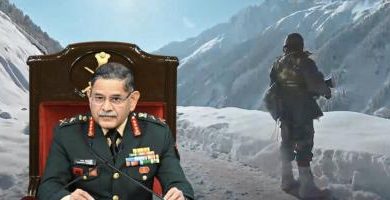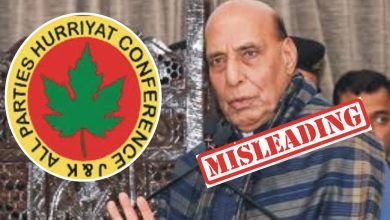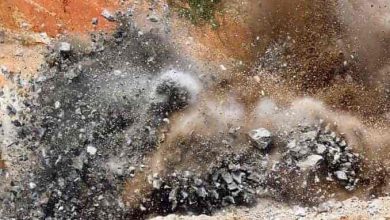Excessive use of force main cause of extrajudicial killings in India, UN Report
 New York: The United Nations Human Rights Committee has expressed concern over the excessive use of force in Indian illegally occupied Jammu and Kashmir (IIOJK) and other parts of India, leading to unlawful and extrajudicial killings of innocent people.
New York: The United Nations Human Rights Committee has expressed concern over the excessive use of force in Indian illegally occupied Jammu and Kashmir (IIOJK) and other parts of India, leading to unlawful and extrajudicial killings of innocent people.
The Kashmir Media Service has reported that the United Nations Committee on Human Rights revealed in its report that some provisions of India’s Armed Forces (Special Powers) Act (AFSPA) and anti-terrorism laws are civil and political, contrary to the International Covenant on Civil and Political Rights (ICCPR).
The UN Committee expressed concern over the prolonged application of these laws in disputed IIOJK and other regions of India, such as Manipur and Assam. It also noted that the implementation of these laws has resulted in massive human rights violations, including excessive use of force, unlawful killings, detention, sexual violence, and forced displacements.
The UN Committee urged New Delhi to take decisive action to end violence against minority groups and in the occupied territories. It also advised Indian authorities to adopt comprehensive anti-discrimination laws and create awareness about these issues.
The UN report highlighted the problems faced by Indian Muslims, Christians, Sikhs, and other castes and tribes, as well as LGBTI people, and called for urgent action to address their concerns.
The United Nations recommended providing training to civil servants, law enforcement officers, the judiciary, and community leaders to increase public awareness, emphasizing the need to protect the rights of all citizens.
In its report, the UN Human Rights Committee further asked India to uphold its ICCPR obligations and ensure that counter-terrorism and security measures in troubled areas are temporary, proportionate, and judicial. The Committee also stressed that these laws should be revised.
The Committee recommended that India establish a mechanism to acknowledge and investigate responsibility for human rights violations in IIOJK and other such regions.








